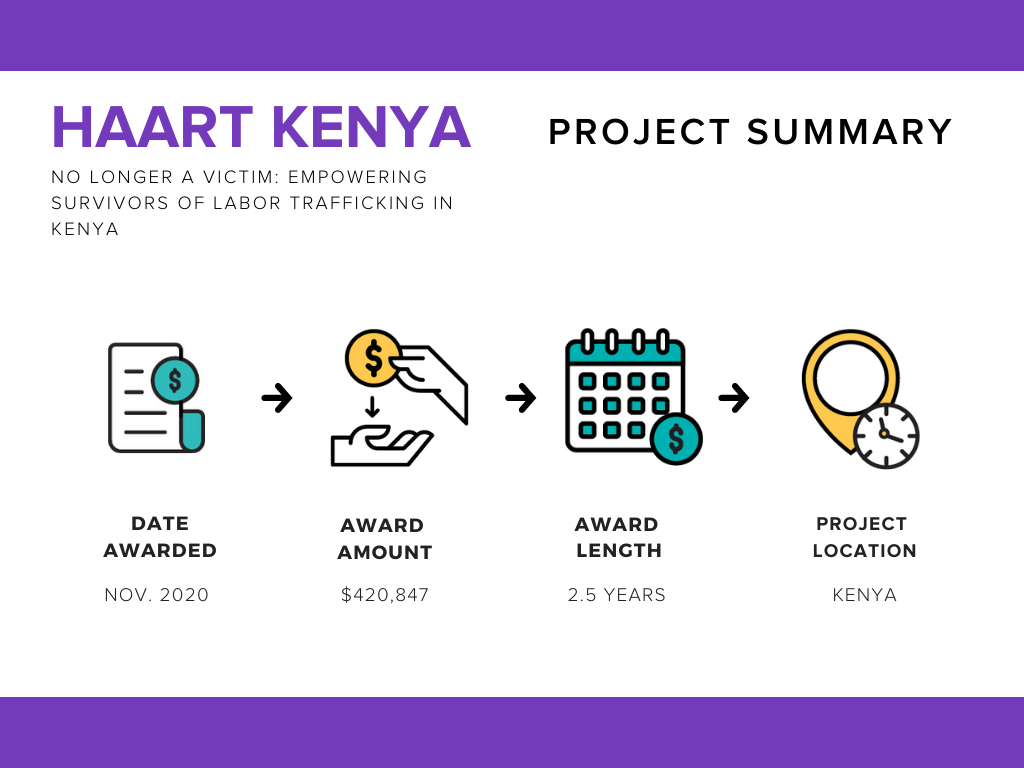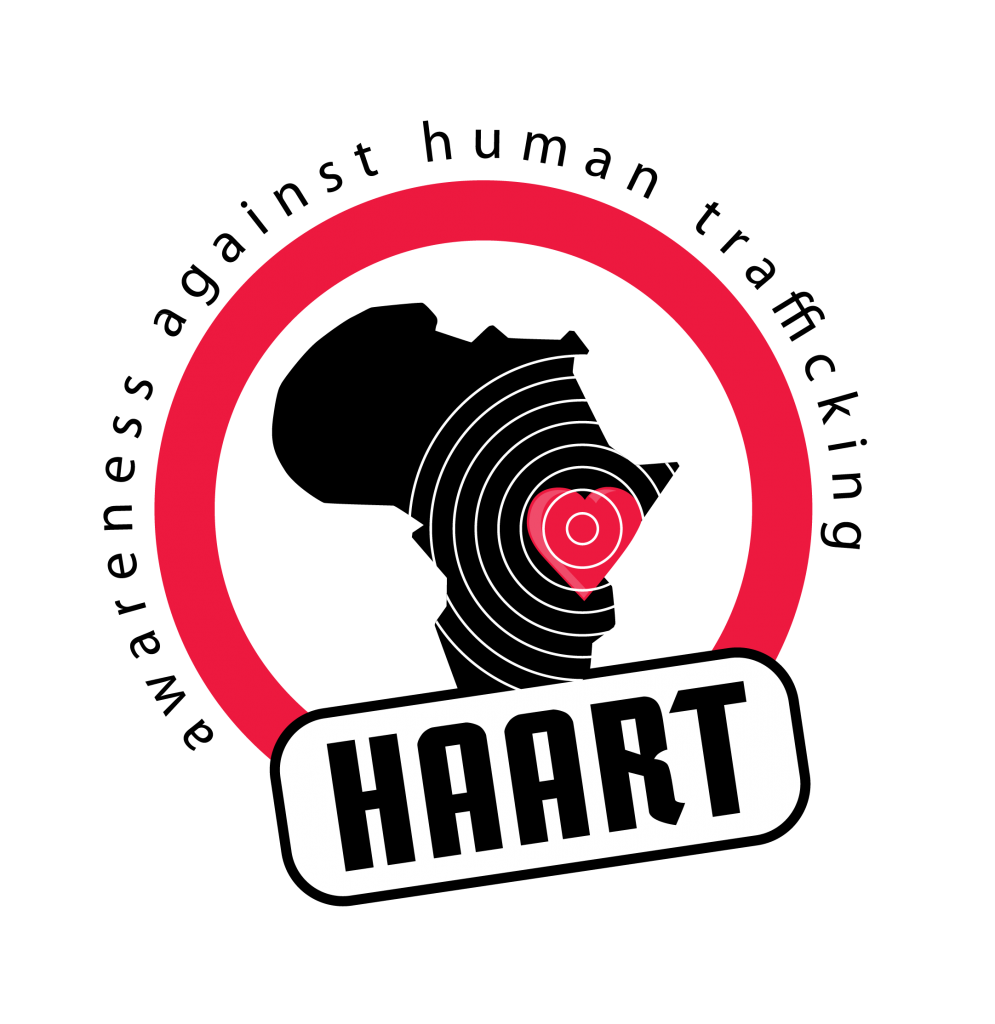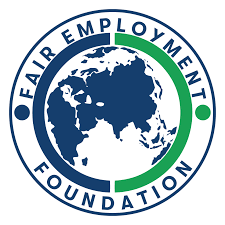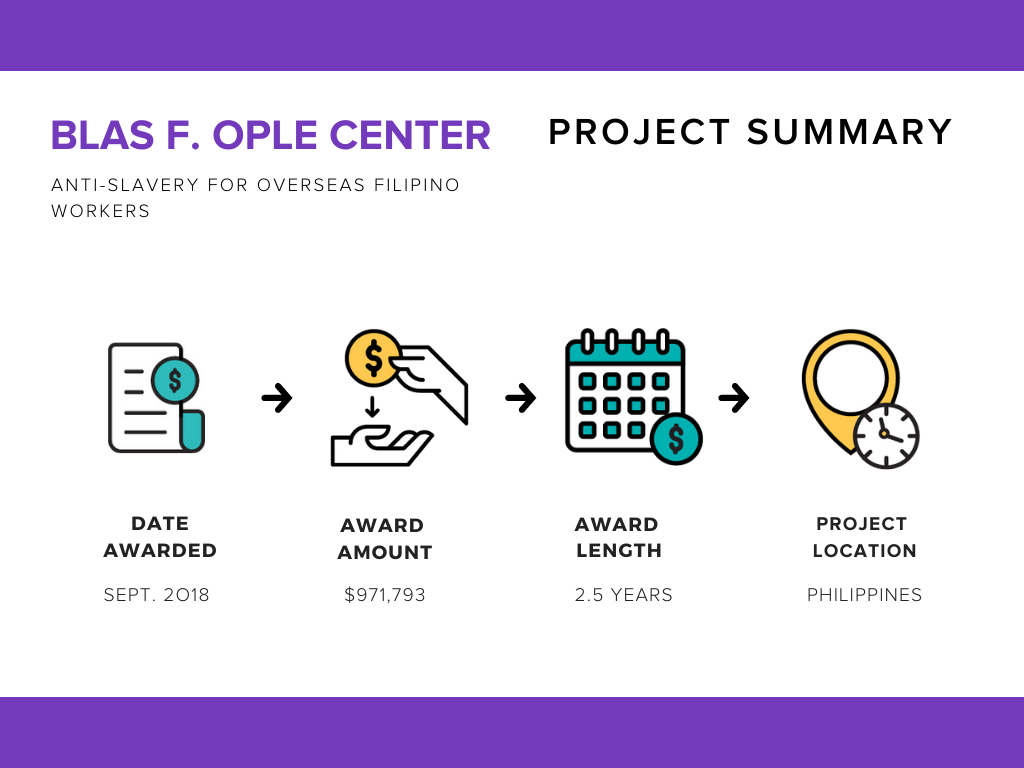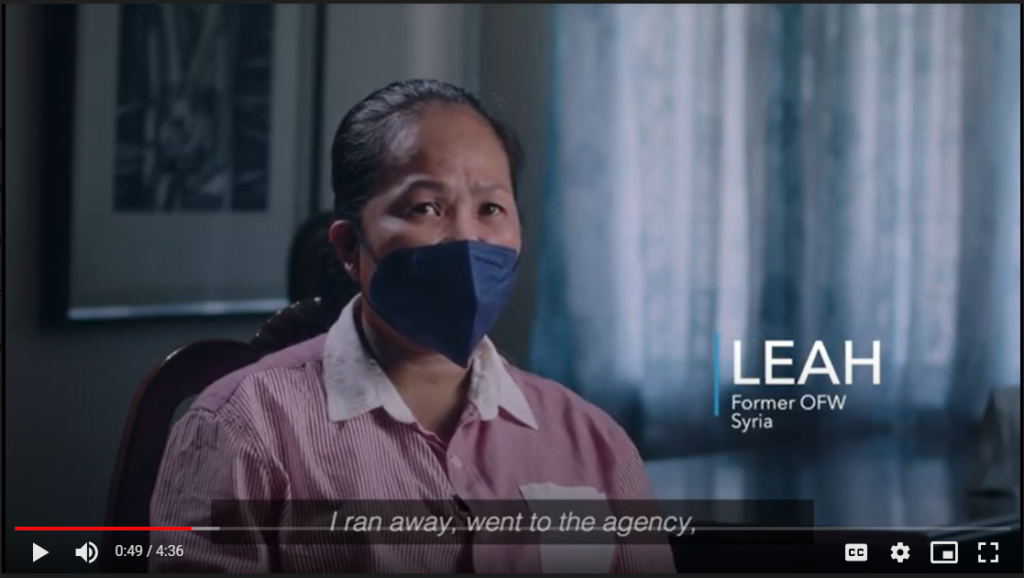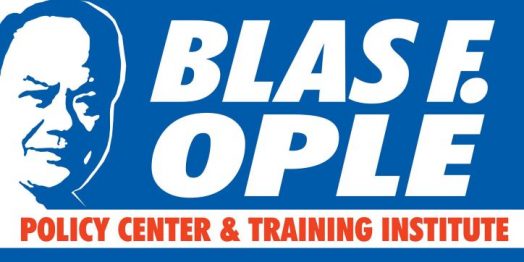The complex inter-agency coordination that must take place to ensure effective prosecutions and survivor services have been a significant barrier to delivery of justice for human trafficking cases. Khrizzy Avila, GFEMS Country Coordinator for the Philippines, states that “Labor trafficking cases involving Overseas Filipinx Workers (OFWs) are often complex and require quick and appropriate actions from multiple government agencies. These types of cases are often left unacted upon or suffer from major delays in agency responses. As a result, trafficked OFWs are often denied access to justice and grievance mechanisms and they lose interest in pursuing cases against their traffickers.”
With the launch of the Integrated Case Management System (ICMS), important strides are being made to address this longstanding issue. The ICMS is a digital case management system that tracks trafficking cases involving OFWs, ensures a harmonized and victim-centered response, and improves inter-agency coordination. As Avila stated, “The ICMS is the first of its kind to provide Inter-Agency Council Against Trafficking (IACAT) member agencies with the tools to fully integrate their actions and services for trafficked OFWs.”
With support from GFEMS, the Blas F. Ople Policy Center and Training Institute, Inc. is making significant headway on implementing the ICMS with government agencies in the Philippines. Key government agencies are now partnering with the Ople Center to clear the backlog of cases and move towards using the system as a contemporaneous case management system. It will be used by government agencies to pursue cases against human traffickers, while ensuring proper legal, repatriation, and reintegration assistance is delivered to OFW victims. Specifically, the ICMS facilitates survivors’ access to services such as counseling, temporary shelter, education, and livelihood programs. Avila says, “The system tracks the services delivered to OFWs after government caseworkers and social workers assess their needs. Service providers are able to recommend specific types of services, and endorse their access to available facilities.”
The ICMS exemplifies the Fund’s vision of combating modern slavery by leveraging the power of technology. The Ople Center and GFEMS hope to increase the reach of the ICMS by raising awareness, resources, and expanding its use to region-specific task forces. Soon, online trainings and refresher courses will be added. The ICMS developers will continue to make changes based on feedback from participants. Eventually, the program will be available not only for OFW cases, but for all survivors of human trafficking.
During the COVID-19 pandemic, the ICMS has proved even more crucial because government officials and other stakeholders are working remotely and the number of cases is increasing exponentially. Avila explains, “The ICMS is a great step forward in providing better care and services to OFW-victims of trafficking in persons. The ICMS launch this year has been particularly relevant due to current limitations brought on by community quarantine and the lockdown of government offices. There is a more compelling need to respond to cases and deliver services online than ever before.”
The ICMS aims to create a coherent, comprehensive mechanism of action that will combat slavery at its core and end impunity for traffickers. Avila concludes, “The ICMS will empower the OFWs or their next of kin in managing their own cases and charting their own paths for healing and reintegration. They will have knowledge about the status of their cases, which agencies are doing what, and the reasons for any delays. The ICMS will enable the trafficked OFWs to become more active participants in their pursuit for justice.” Through multi-stakeholder partnerships and more responsive complaint and reintegration mechanisms, GFEMS and the Ople Center are fighting back against exploitation and ensuring that all exploited people have access to justice.
To stay updated on this project, and projects like it, subscribe to the GFEMS newsletter and follow us on Twitter.
——
This article and the Ople Center project were funded by a grant from the United States Department of State. The opinions, findings and conclusions stated herein are those of the author and do not necessarily reflect those of the United States Department of State
